Housing the Human works closely with an expanding network of advisors who offer guidance on the concepts.
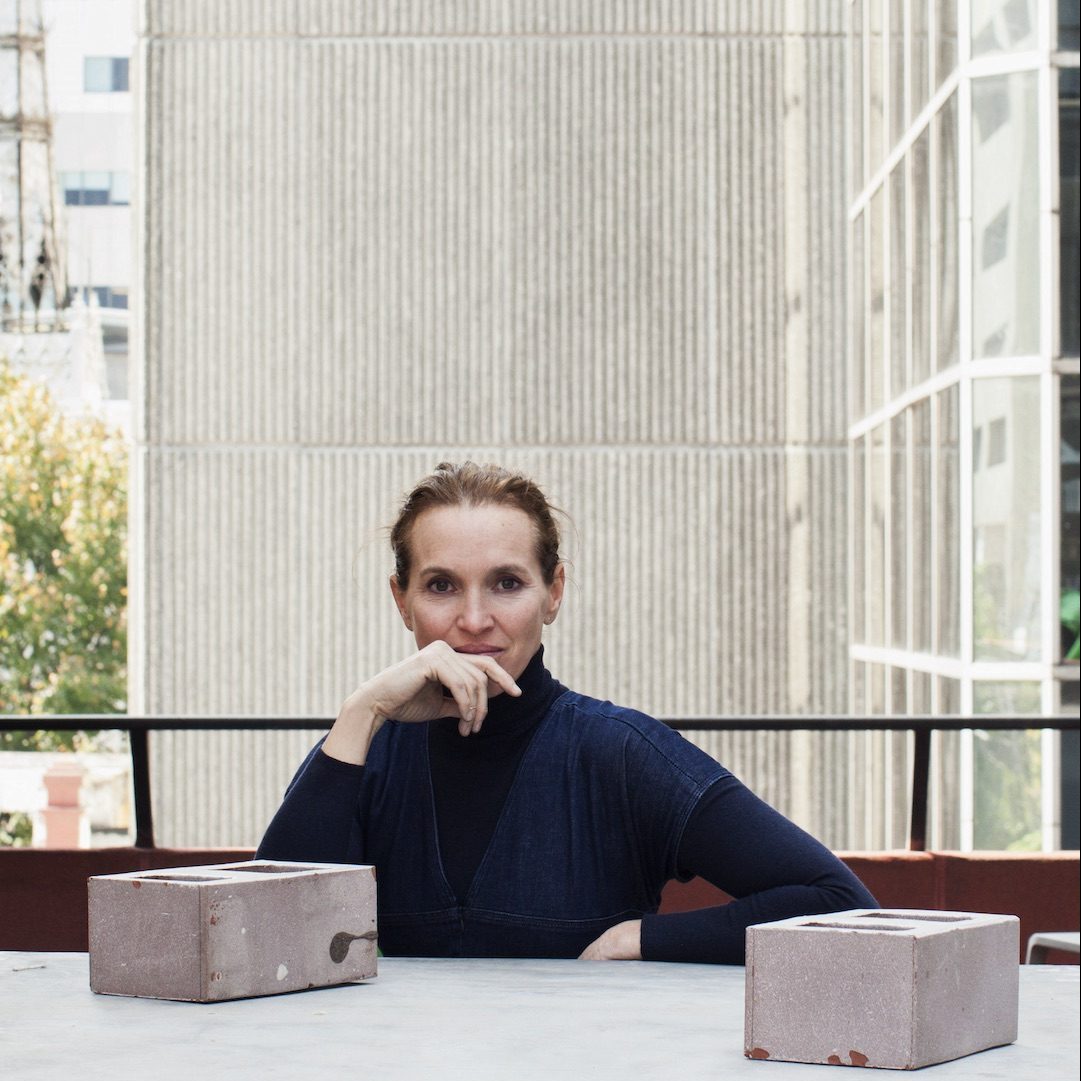
Tatiana Bilbao
Tatiana Bilbao, through the work of her multicultural and multidisciplinary office based in Mexico City, attempts to understand the place that surrounds her and to translate its rigid codes into architecture. As a reaction to global capitalism, the studio aspires to regenerate spaces in order to humanize them and to open up niches for cultural and economic development. The firm’s recent projects include a botanical garden, a master plan and open chapel for a pilgrimage route, a biotechnological center for a technology institution, a house that can be built for $8,000, and a funeral home. Bilbao has been a visiting professor at Yale School of Architecture and Rice School of Architecture. She was named as an Emerging Voice by the Architecture League of New York in 2009 and received the Kunstpreis Berlin in 2012 and the Global Award for Sustainable Architecture Prize in 2014. Her work is in the collections of the Centre Georges Pompidou in Paris, the Carnegie Museum of Art, and the Art Institute of Chicago.
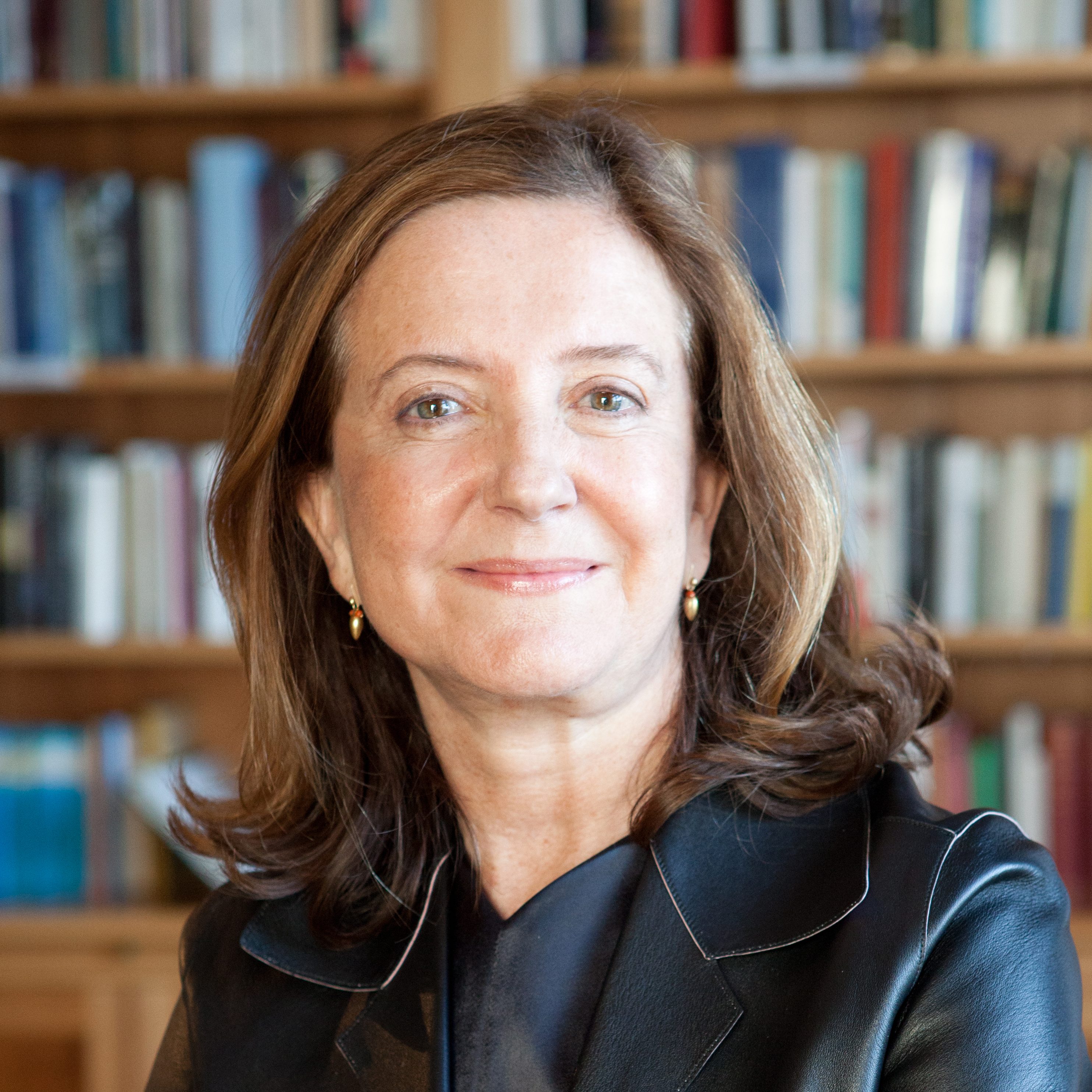
Beatriz Colomina
Beatriz Colomina is the Howard Crosby Butler Professor of the History of Architecture at Princeton University and a 2018–2019 fellow at the Wissenschaftskolleg zu Berlin. She writes and curates on questions of design, art, sexuality, and media. Her books include Sexuality and Space (Princeton Architectural Press, 1992), Privacy and Publicity: Modern Architecture as Mass Media (MIT Press, 1994), Domesticity at War (MIT Press, 2007), The Century of the Bed (Verlag fur Moderne Kunst, 2015), Manifesto Architecture: The Ghost of Mies (Sternberg, 2014), Clip/Stamp/Fold: The Radical Architecture of Little Magazines 196X–197X (Actar, 2010), Are We Human? Notes on an Archaeology of Design (Lars Muller, 2016). She has curated a number of exhibitions including Clip/Stamp/Fold (2006), Playboy Architecture (2012) and Radical Pedagogies (2014). In 2016 she was co-curator of the third Istanbul Design Biennial. Her latest book is X-Ray Architecture (Lars Muller, 2019).
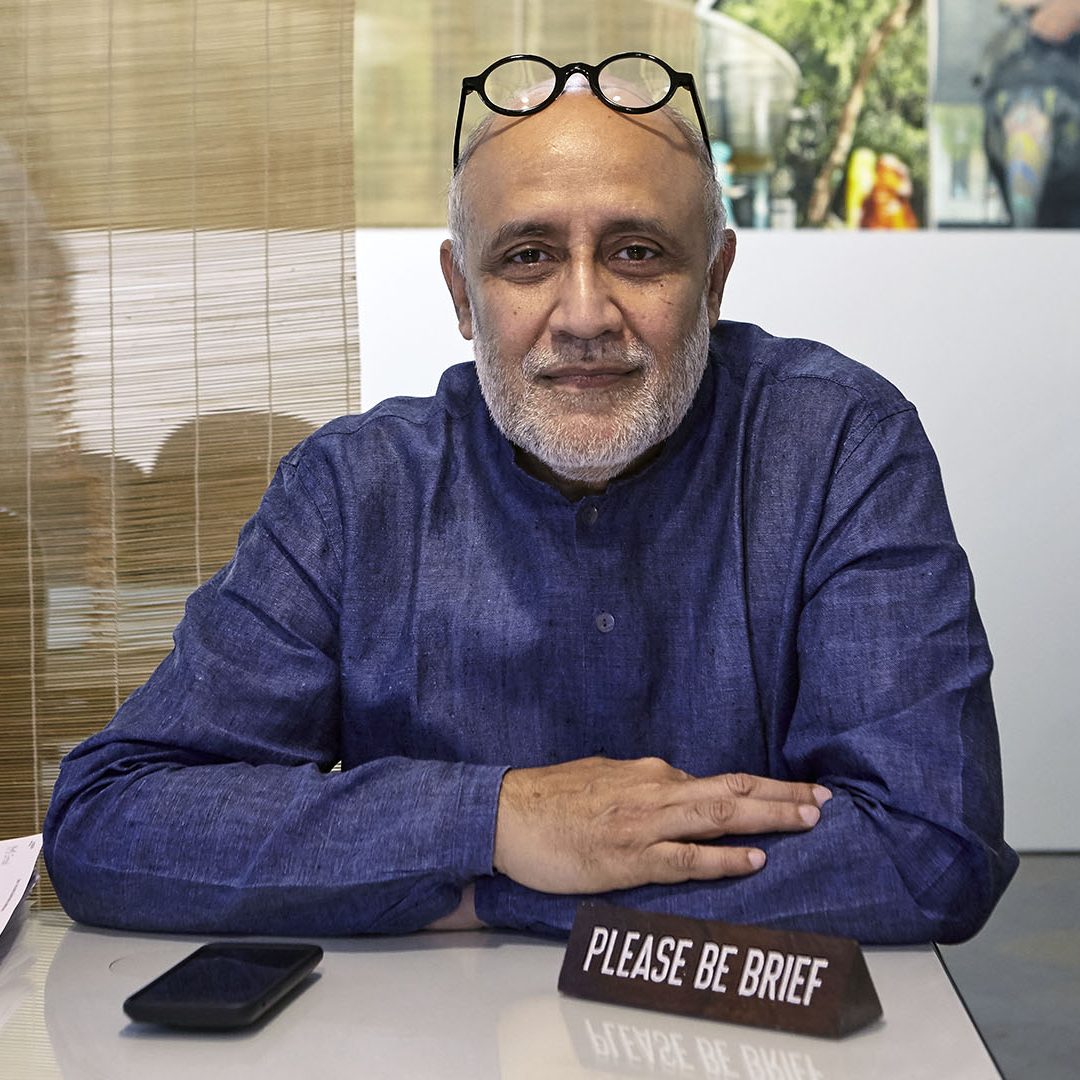
Rahul Mehrotra
Rahul Mehrotra is a practicing architect, urban designer and educator. He works in Mumbai and Boston, and teaches at the Graduate School of Design at Harvard University where he is professor of urban design and planning. His practice, RMA Architects, founded in 1990, has executed a range of projects, mainly in India, and more recently in Europe: corporate office buildings, a library, conservation, a lab building, university buildings, and a series of social advocacy initiatives including community toilets and a low-income housing project for elephants and their keepers, commonly referred to as mahouts. RMA Architects has also initiated several unsolicited projects driven by the firm’s commitment to advocacy in the city of Mumbai. Mehrotra has written, co-authored and edited a vast repertoire of books on Mumbai, its urban history, historic buildings, public spaces and planning processes.
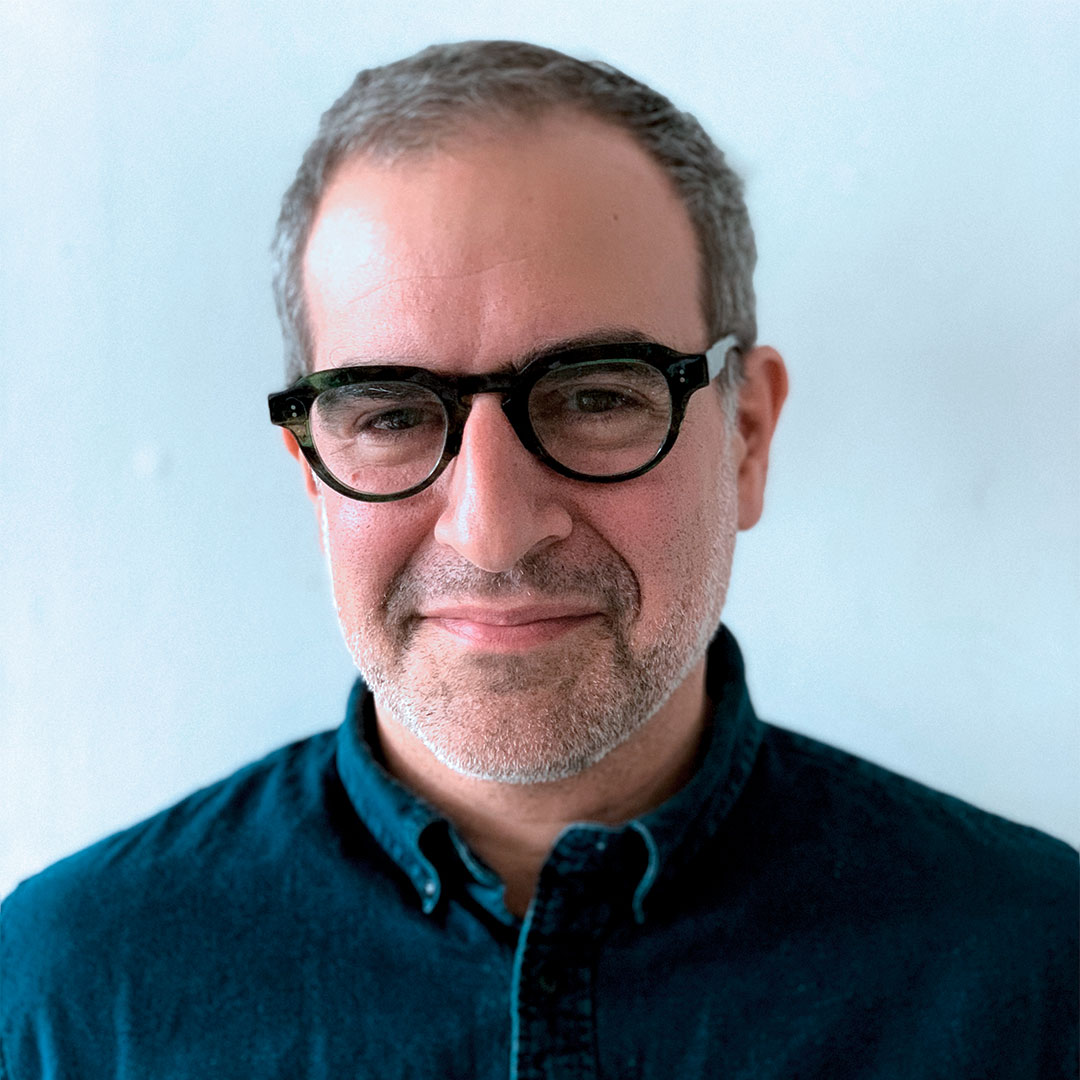
Daniel Perlin
Daniel Perlin is the founder of Make_Good, an experience design studio based in New York dedicated to bettering lives and the planet. Recent collaborations as a designer include work with Google, IBM, Under Armour, Vito Acconci, Maya Lin, Errol Morris, the Venice Biennial of Architecture, the Cooper Hewitt Museum and Domus magazine. He also recently created VR and MR experiences for The Seoul Biennial of Architecture, The Storefront for Art and Architecture, and Fake Love. Perlin is a graduate of Brown’s Modern Culture and Media department, NYU’s Interactive Telecommunications Program, and the Whitney Independent Study program. Besides his design practice, he is currently a mentor in residence at New Inc., the New Museum’s incubator in New York. In the past, he has taught as an adjunct professor at NYU’s ITP and Magnet programs, RISD’s department of Graphic Design and at Products of Design at SVA in New York.
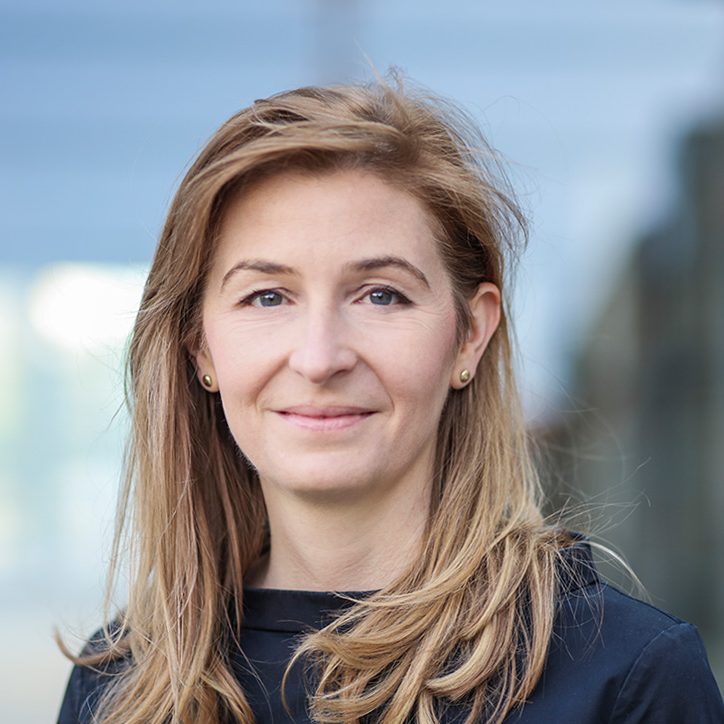
Margit Rosen
Art historian Margit Rosen has been at the head of the department “Knowledge – Collection, Archives and Research” at the ZKM | Center for Art and Media Karlsruhe since 2016. She studied art history, philosophy, and media art in Munich, Karlsruhe, and Paris and has taught at various universities, including the Karlsruhe University of Art and Design (HfG); the University of Fine Arts, Münster; the Danube University, Krems; and the Central Academy of Fine Arts (CAFA), Beijing. Her scientific and curatorial work is devoted to contemporary art and the history of the use of computer technologies in art and aesthetics, the history of video art, and the history of the relationships between art, science, and technology. She is the editor of A Little-Known Story About a Movement, a Magazine, and the Computer’s Arrival in Art (MIT Press, 2011). Passionate about the medium of radio, she translated Bruno Latour’s play Cosmocoloss. A climatic and global tragedy-comedy and adapted it as a radio drama that was first broadcast in 2013.
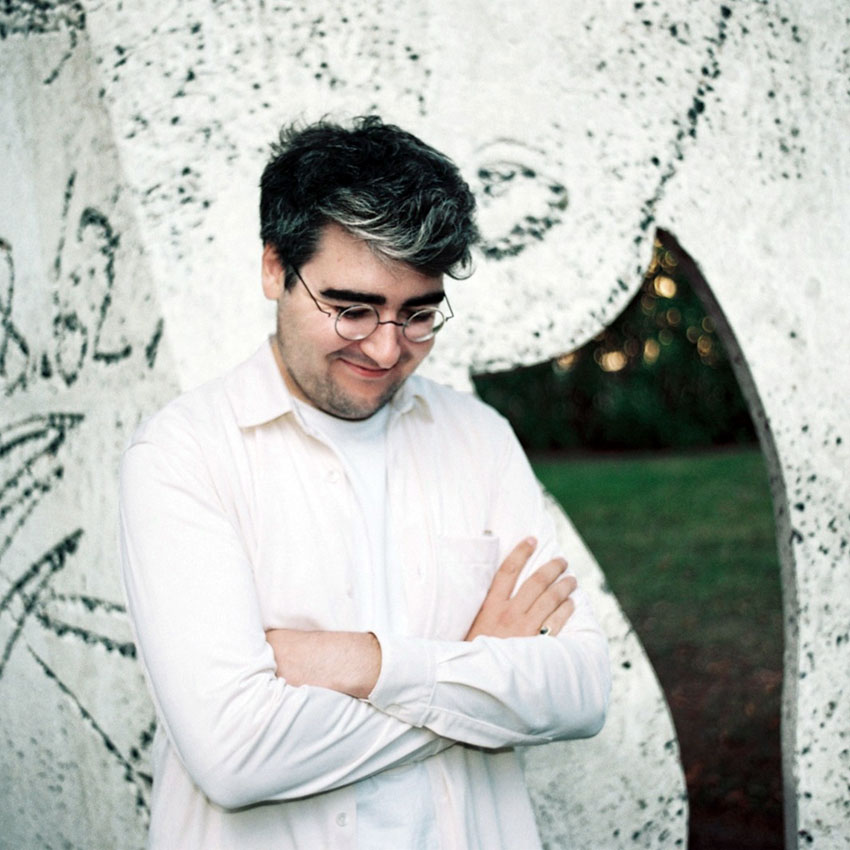
James Taylor-Foster
James Taylor-Foster is a writer, editor, designer and broadcaster working in the fields of architecture, design, and e-culture. He is curator of contemporary architecture and design at ArkDes, the Swedish Centre for Architecture and Design. Formerly European editor-at-large at ArchDaily, he has practiced architecture in the UK and The Netherlands. In 2016 he co-curated the Nordic Pavilion at the 15th Biennale Architettura di Venezia; in 2018 he participated in the central exhibition at the 16th.
With bylines at Metropolis, PIN-UP, Domus, Volume, Monocle, Mousse, Disegno, and Real Review, he is a regular voice on Monocle 24 radio. He is a course coordinator for the European Cultural Academy in Venice and has been a visiting critic or lecturer in architecture at the University of Cambridge, The Bartlett (UCL), the Architectural Association, the CASS, the Strelka Institute, TU Delft, the Berlage Institute, and MIT. He currently sits on the advisory board of the Future Architecture Platform.
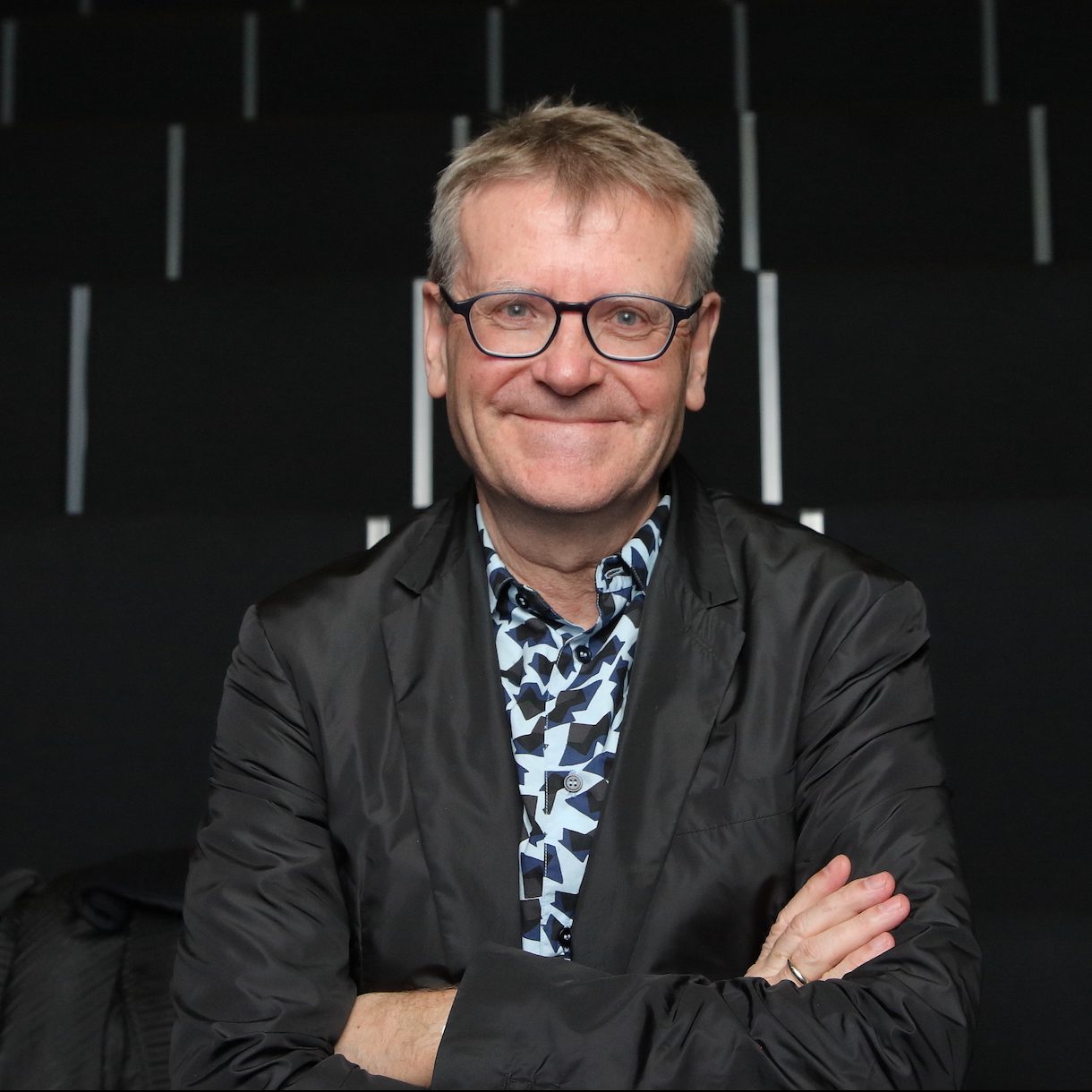
Mark Wigley
Mark Wigley is a Professor of Architecture at Columbia University. He is a historian and theorist who explores the intersection of architecture, art, philosophy, culture, and technology. His books include: Derrida’s Haunt: The Architecture of Deconstruction; White Walls, Designer Dresses: The Fashioning of Modern Architecture; Constant’s New Babylon: The Hyper-Architecture of Desire; Buckminster Fuller Inc. – Architecture in the Age of Radio; and Are We Human? – Notes on an Archaeology of Design (written with Beatriz Colomina when they co-curated the 3rd Istanbul Design Biennial). He has also curated exhibitions at the Museum of Modern Art, The Drawing Center and Columbia University in New York, the Witte de With in Rotterdam, and the Canadian Center for Architecture in Montreal. His most recent exhibition, The Human Insect: Antenna Architectures 1997-2017 was on show at Het Nieuwe Instituut in 2018. His most recent book is Cutting Matta-Clark: The Anarchitecture Investigation (Zurich: Lars Müller, 2018).
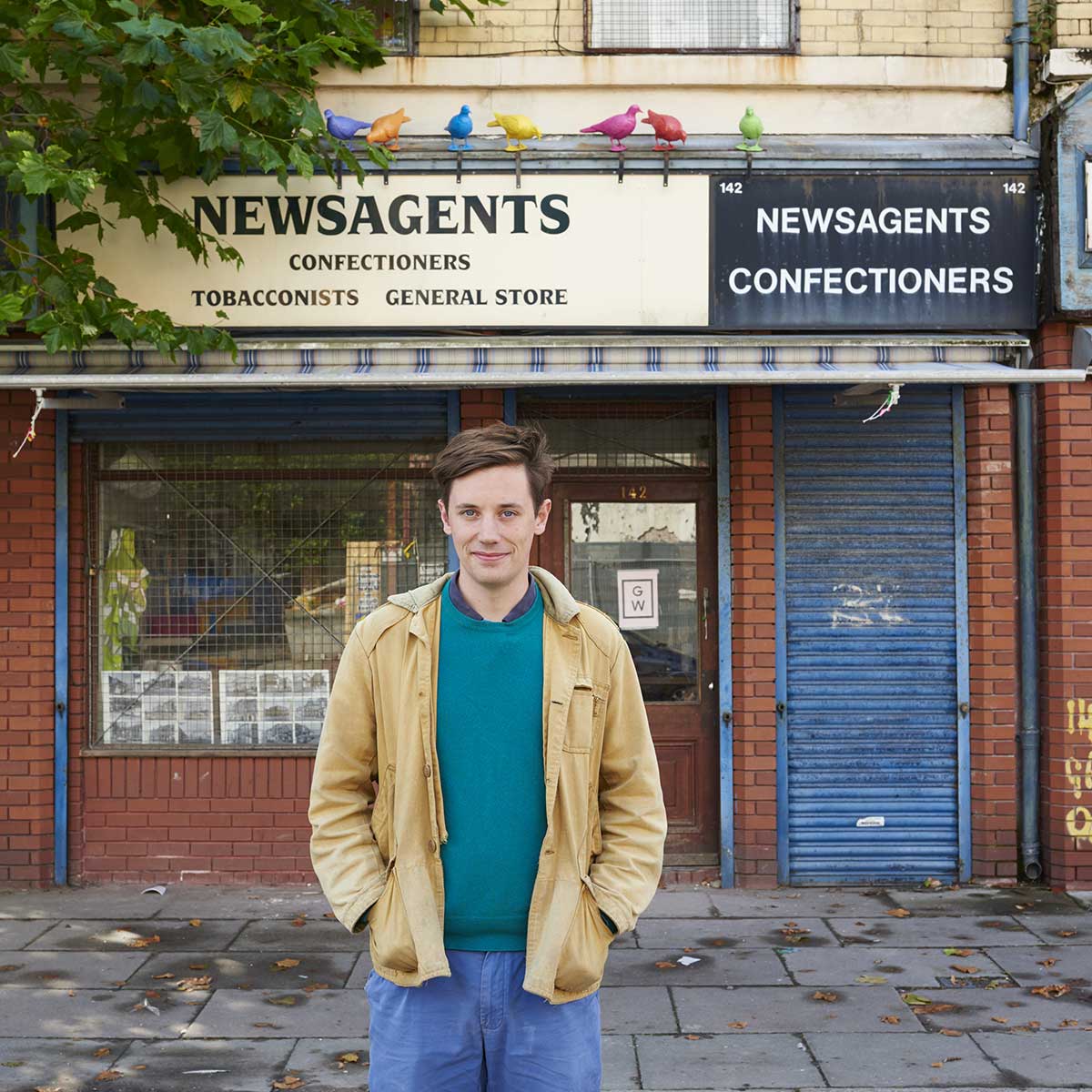
Joseph Halligan
Joseph Halligan is a founding member of Assemble, which formed in 2010. He has led Assemble’s work in Liverpool, which included the strategic planning of the Granby Four Streets area, the design of 32 new residential units, and refurbishment of ten houses for affordable rent and sale. This led to Granby Workshop, in which locals produce architectural ceramics, and the Granby Winter Garden, the conversion of two derelict houses into an arts residency and community space. The Granby Four Streets Project won Assemble the 2015 Turner Prize.
Halligan’s exhibitions include The Brutalist Playground and Lina Bo Bardi Together. He is currently renovating and developing a live-work artist-led cohousing project in Hammersmith and designing a permanent exhibition at the Wellcome Collection in London. He has lectured internationally and taught extensively; in 2016 he was appointed visiting professor at the University of Thessaly in Greece.
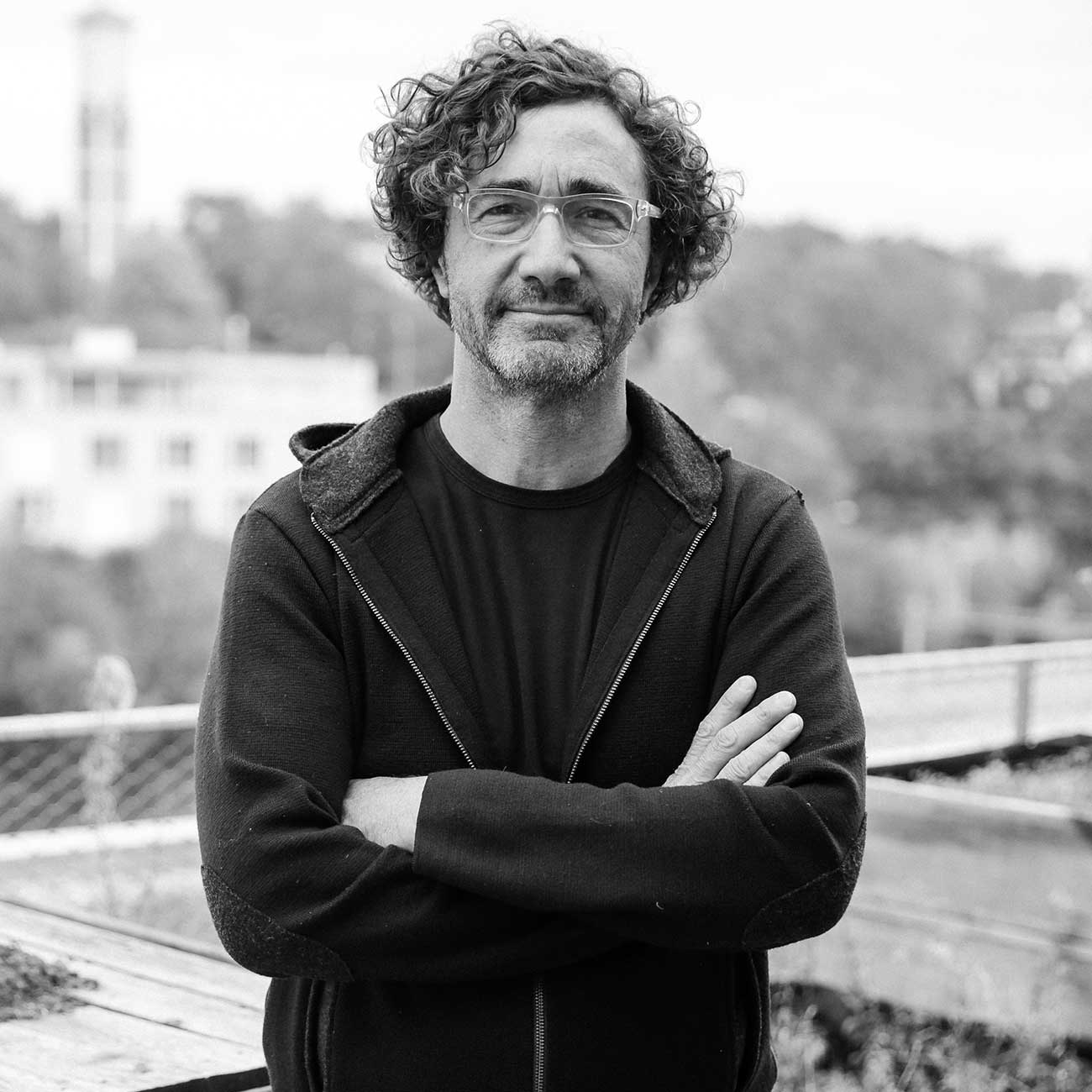
Alfredo Brillembourg
Born in New York, Alfredo Brillembourg studied architecture at Columbia University before earning a second master’s degree at the Central University of Venezuela. In 1993, Brillembourg began his independent practice in architecture in Caracas when he cofounded Urban Think Tank, a research-based design practice.
Brillembourg has taught extensively in institutions including the University Simon Bolivar and Columbia University, where he cofounded the Sustainable Living Urban Model Laboratory (S.L.U.M. Lab). Since 2010, with Hubert Klumpner, he has held the chair of Architecture and Urban Design at ETH in Zurich. The two have received numerous awards for their innovation in social design, including the 2010 Ralph Erskine Award, the 2011 Gold Holcim Award for Latin America, and the 2012 Silver Holcim Global Award. In 2012, Urban Think Tank won the Golden Lion at the 13th Venice Biennale of architecture. In 2018 the Empower Shack Housing project was shortlisted for RIBA International Prize as one of the world’s exceptional new buildings.

Meriç Öner
Meriç Öner is director of Research and Programs at SALT, an institution for contemporary art. A trained architect, Öner addresses material culture in Turkey and its surrounding geography with a comprehensive and progressive approach. Her work circulates in print and online publications and as exhibitions and public programs. She advocates for the accommodation of physical and online realms that encourage colearning possibilities as a main institutional responsibility, reaching beyond the act of exhibiting. Her research exhibitions include Commissioners’ Exhibition (SALT Galata, 2017), One and the Many (SALT Galata, 2016), SUMMER HOMES: Claiming the Coast (SALT Beyoğlu, 2014), and Modern Essays 4: SALON (SALT Galata, 2012). Öner is the editor of Tracing Istanbul (from the air) and Mapping Istanbul.
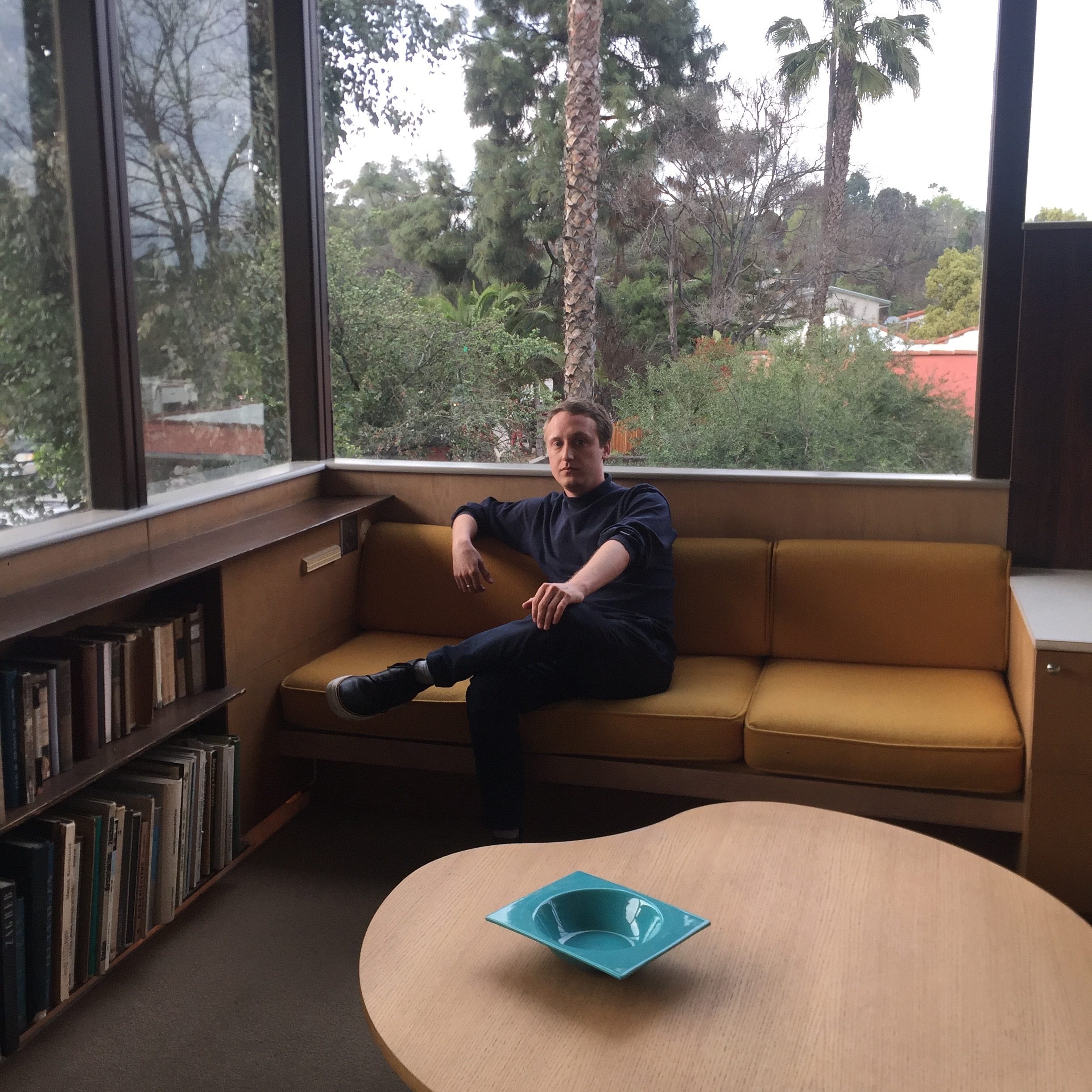
Nicholas Korody
Nicholas Korody is a writer, editor, artist, and designer based in New York. He is a cofounder of the experimental architecture practice Adjustments Agency and editor-in-chief of the architecture publication Ed. He has written for numerous publications including e-flux, Harvard Design Magazine, Pin-Up, Real Review, and Volume. He has exhibited work at numerous international institutions including the Swiss Institute in New York, the Moderna Museet in Stockholm, les Musées de la Ville de Paris, the Serpentine Galleries in London, the LUMA Westbau in Zürich, and the A+D Museum in Los Angeles. He has delivered lectures at the Milan Architecture Week, the Museo Jumex in Mexico City, the NYU Gallatin School of Individualized Study in New York, and the New School for Social Research in New York.
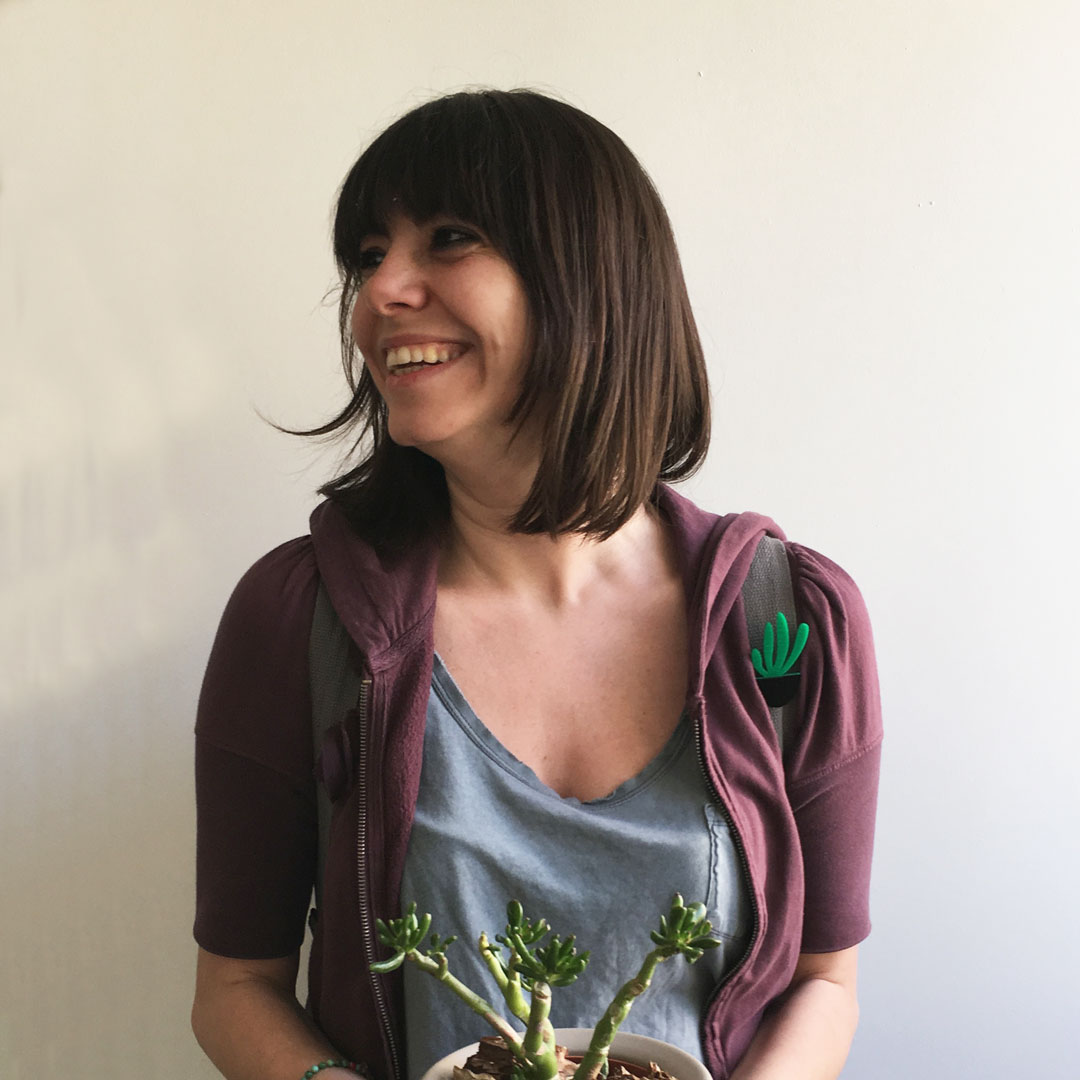
Hülya Ertas
Hülya Ertas is the editor-in-chief of the monthly periodical XXI Architecture and Design Magazine. She is currently writing a dissertation on “Building Knowledge Commons for Commons Architecture” in the department of architecture, Campus Sint-Lucas Brussels/Ghent, KU Leuven. After graduating in 2005 from Istanbul Technical University’s architecture department, she completed her MA in architecture at the same school in 2011. Her master thesis focused on the Situationist International and its role in transforming architecture and urban planning. She focuses on commons architecture, the social impact of spatial practices, and critical reflections of these practices. She is a member of the Ocean Design Research Association and CivicWise.
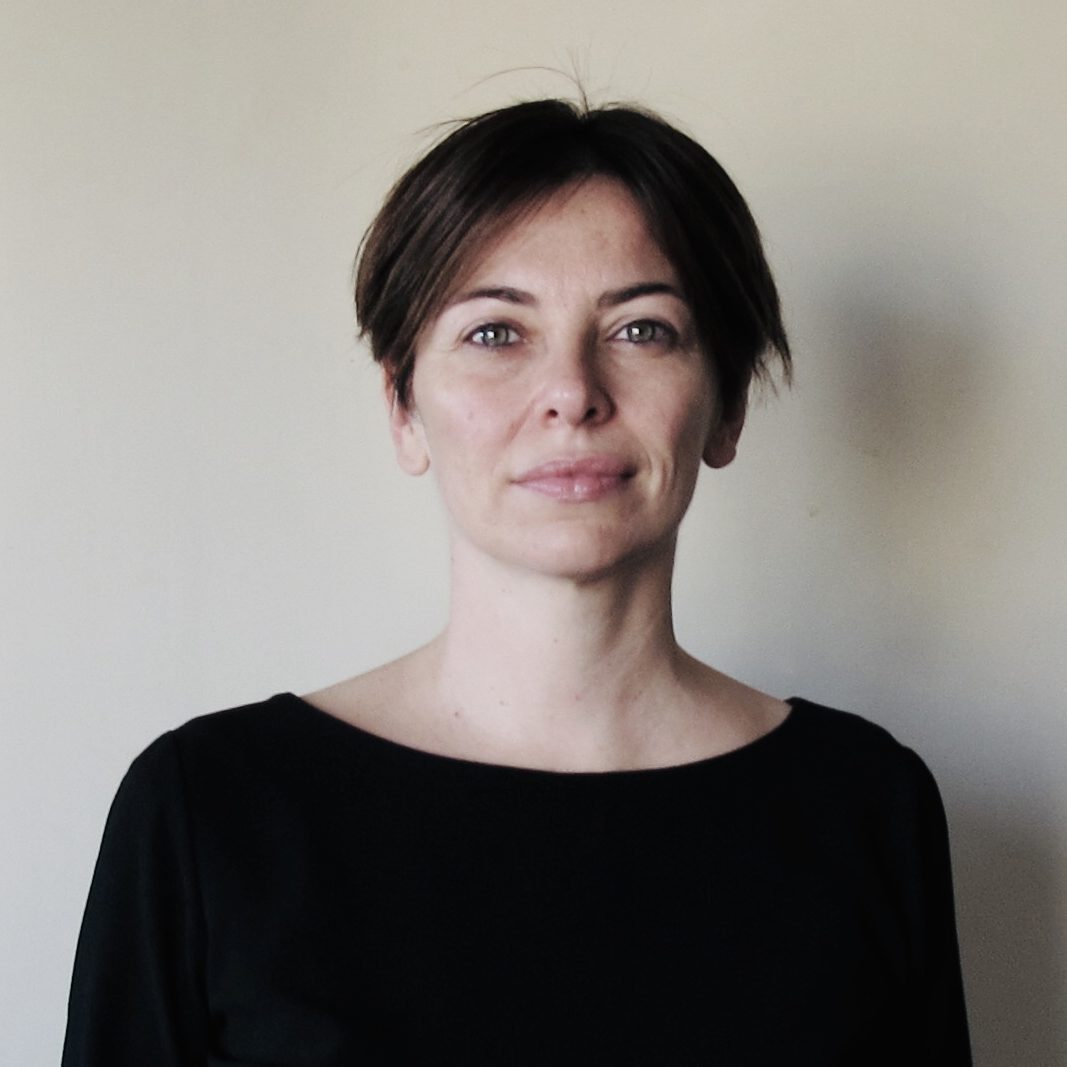
Moira Valeri
Moira Valeri received her PhD at the“Villard d’Honnecourt” International Doctorate in Architecture program at IUAV Venice in 2012. Since 2013 she has been assistant professor at the department of architecture at Yeditepe University. In 2015 she cocurated Ecoweek Istanbul-Contemporary Archeology, an international symposium and workshop held at Yeditepe University, and co-edited the book Istanbul. Ritratti di città (Istanbul. City Portraits, Letteraventidue, 2015). In 2016 she coordinated the research/installation Factory Reloaded, part of the 3rd Istanbul Design Biennial, and since then has curated the conference series Stories of Italian Architects promoted by the Italian Culture Institute in Istanbul. In 2018 she participated at the 4th Istanbul Design Biennial as a tutor at the workshop and exhibition Bosphorus SMLXL.
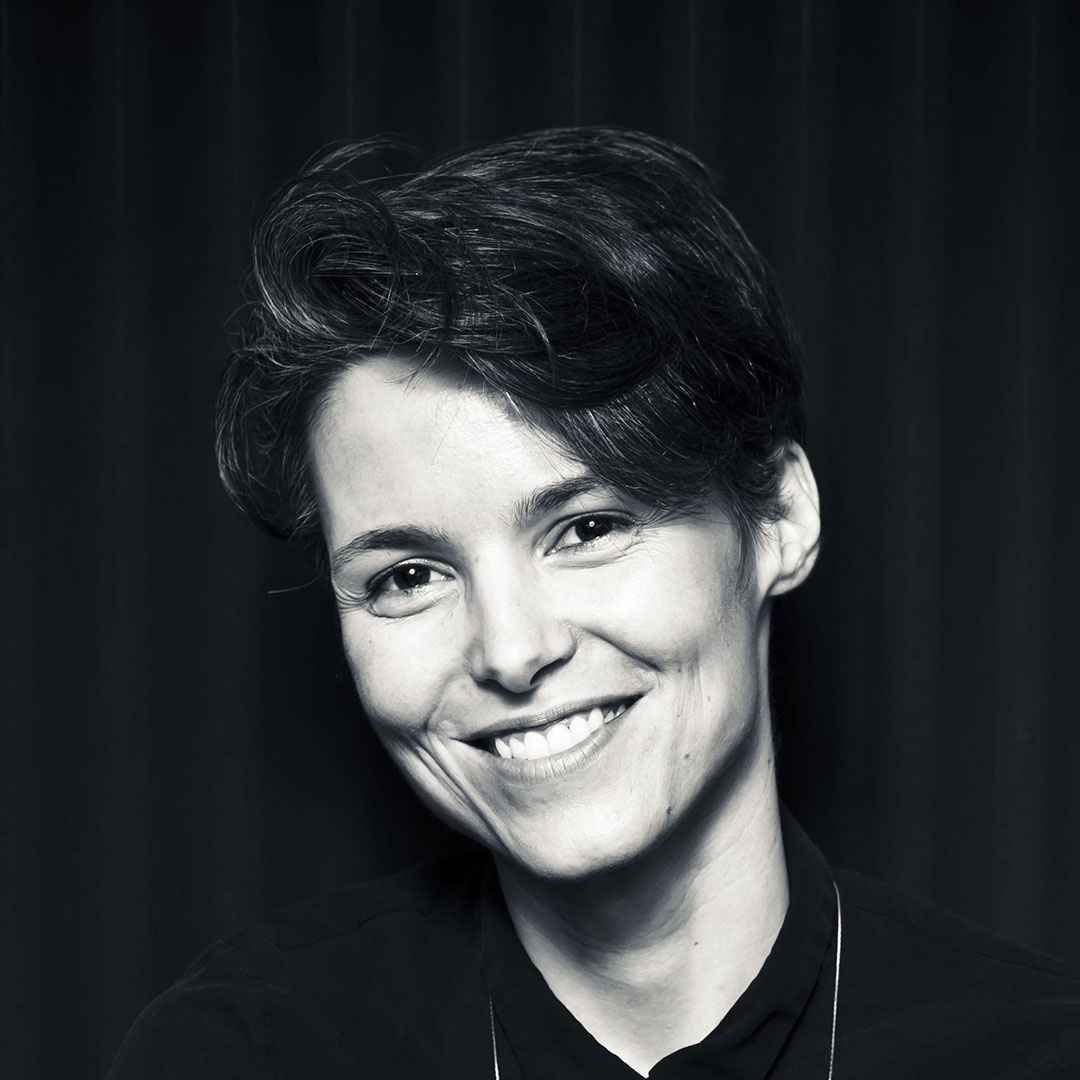
Angela Rui
Angela Rui is an Italian curator and writer based between Milan and Rotterdam, working in design theory and criticism. She recently cocurated the 25th Design Biennial of Ljubljana (2017), and the accompanying book, both titled Faraway, So Close. Her writings have appeared in publications and catalogues published by several institutions. She curated the 2015 edition of Operae, the independent design festival based in Turin, and the exhibition and catalog Ugo la Pietra. Disequilibrating Design (2014) for the Triennale Design Museum. She has been design editor for Abitare magazine (2011-2013), and curated the editorial project of Icon Design magazine (Mondadori, 2015-2017). As a researcher and curator, she is currently involved in Neuhaus – the upcoming program promoted by Het Nieuwe Instituut in Rotterdam, and cocurating the Dutch contribution to the TXXII – Broken Nature (Milan, 2019). Until 2016 she taught at the School of Design (Politecnico di Milano) and at the Master of Interior Design program at NABA (Nuova Accademia di Belle Arti in Milan). She currently teaches at the Design Academy Eindhoven, Social Design Master.

Omer Fast
Omer Fast is an artist and filmmaker whose work spans the mediums of moving image and installation and incorporates both fictional and documentary material. The focus of his nonlinear explorations is often on what the artist calls “liminal figures;” individuals whose life experience or work takes them across both real and symbolic borders. Soldiers, migrants, morticians, and adult film performers appear in Fast’s work as messengers from invisible or taboo realms, describing realities few of us would ever experience.

Tulga Beyerle
Tulga Beyerle is a design curator and museum director. She has led the Museum of the Dresden Museum of Applied Arts, Dresden State Art Collection since 2014, and will become director of MKG Hamburg on December 1. She has curated exhibitions across Europe and published widely on art and design. Beyerle is engaged in the fluid and disruptive aspects of the design process. She is particularly interested in experimental, speculative, and social design.
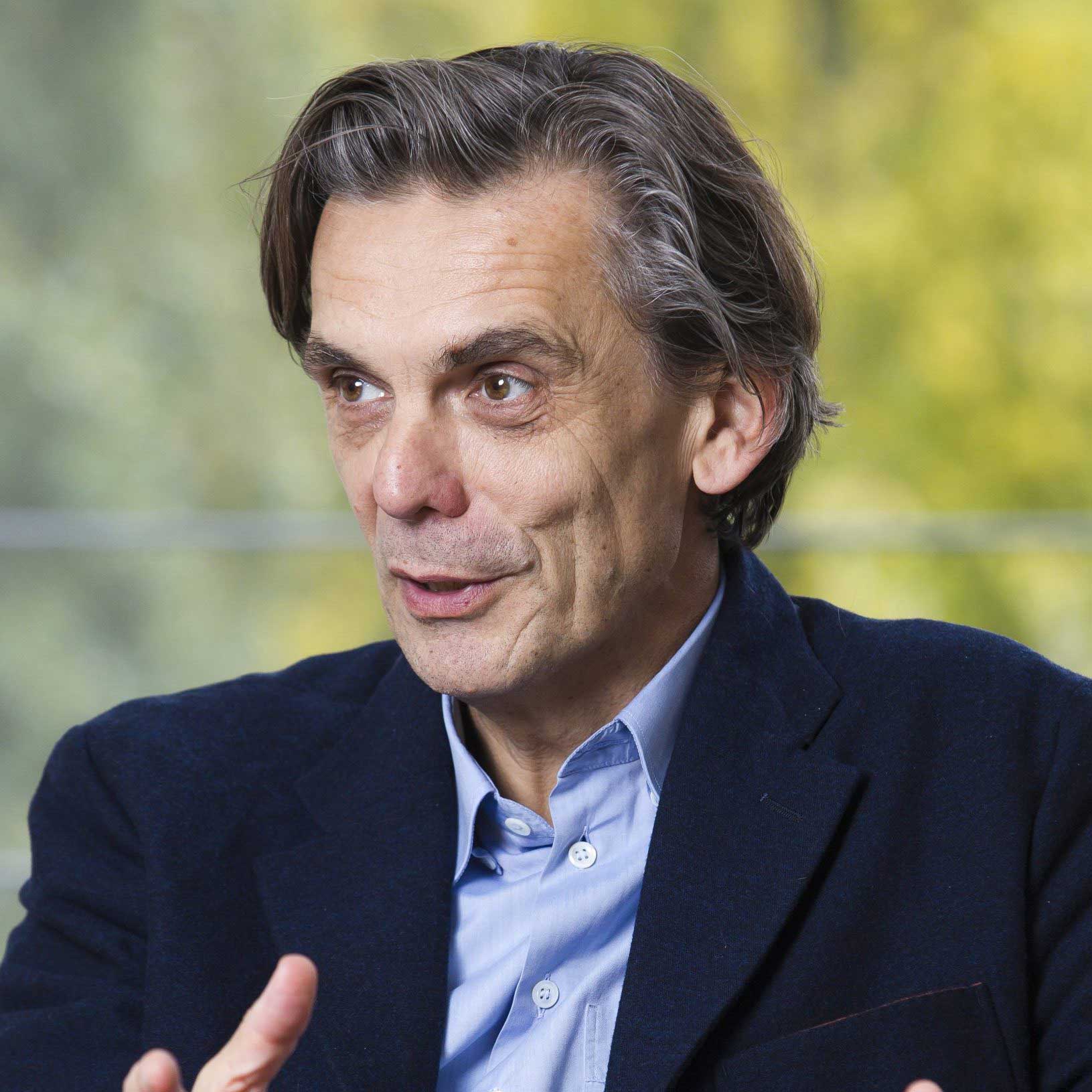
Matthias Sauerbruch
Matthias Sauerbruch is an architect and founding partner of Sauerbruch Hutton. Beyond his work as a practicing architect, he teaches at universities, participates in juries, and contributes to conferences around the globe. Matthias Sauerbruch held professorships at Technische Universität Berlin and Stuttgart Akademie der Bildenden Künste and was a visiting professor at Harvard Graduate School of Design as well as at Universität der Künste Berlin. He is a founding member of the German Sustainable Building Council, a commissioner of the Munich Committee for Urban Design, and part of the Executive Board of KW Institute for Contemporary Art Berlin. Sauerbruch is an Honorary Fellow of the American Institute of Architects and Director of the Architecture Section of the Berlin Akademie der Künste.
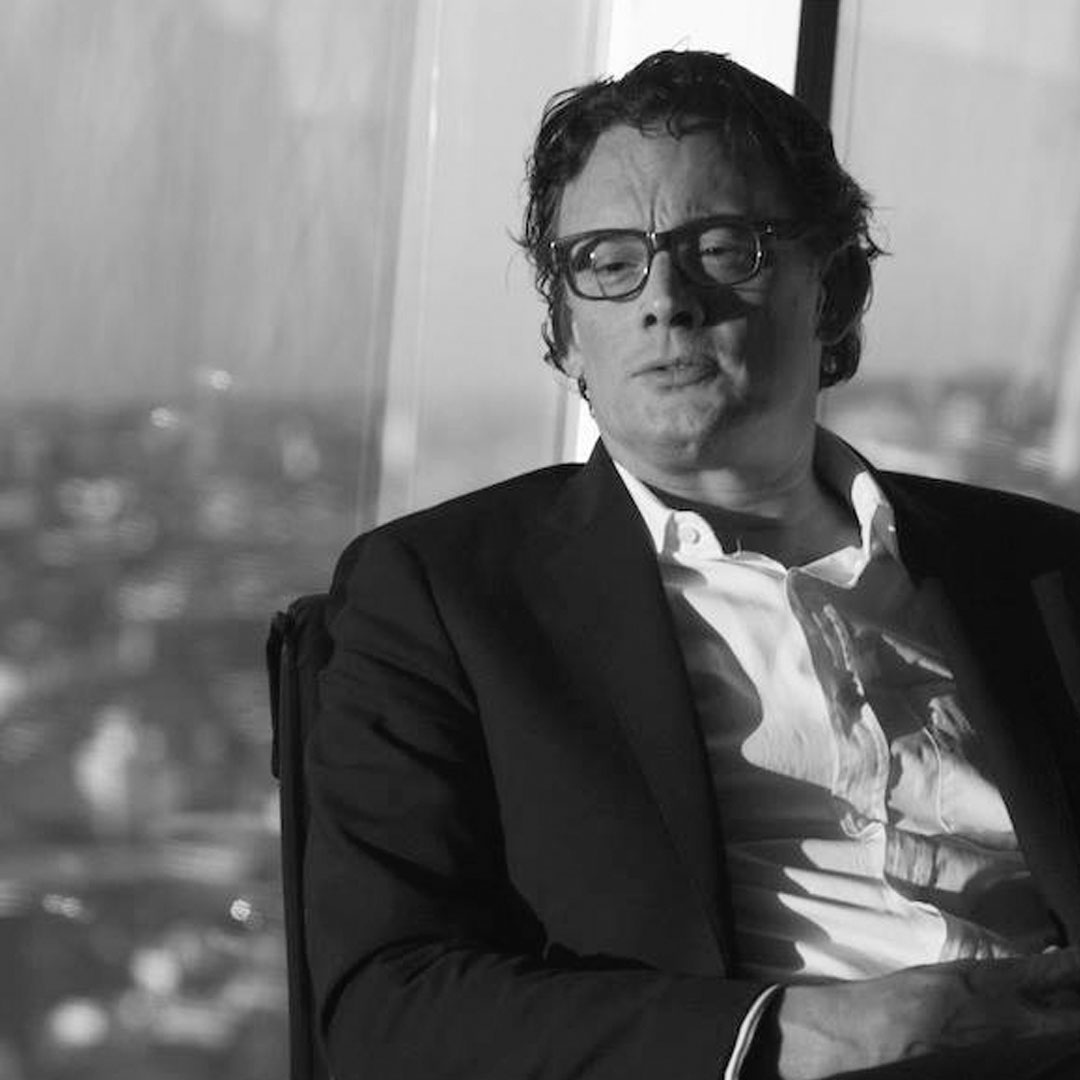
Giancarlo Mazzanti
Giancarlo Mazzanti (1963, Barranquilla, Colombia) graduated from Javeriana University in Bogotá with a postgraduate degree in architecture history and theory, and has a degree in industrial design from the University of Florence. He has taught in several Colombian universities and at some of the most prestigious American universities, such as Princeton University and Harvard Graduate School of Design. His work is exhibited in MoMA’s and Centre Pompidou’s permanent collections.
Mazzanti’s architecture projects strongly focus on social values as well as foster transformations and build new communities. Mazzanti has committed his professional life to improving the quality of design of the built environment and the concept of social equality. His works reflect significant social shifts happening in Latin America today and attempt to show that good design can shape new identities for cities and their inhabitants, breaking with bad reputations based in conditions such as crime and poverty.
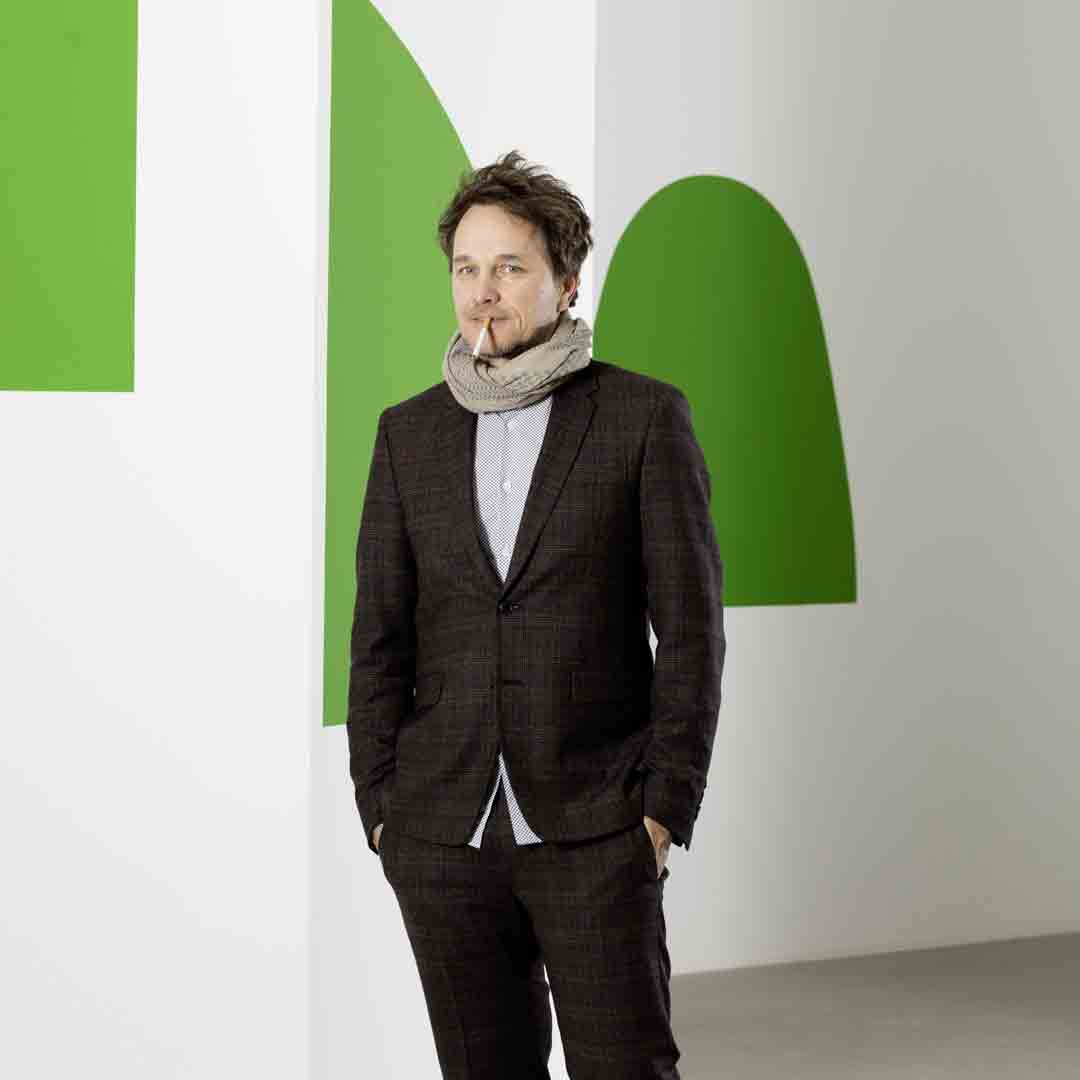
Christopher Roth
Christopher Roth is a filmmaker and artist. His films Legislating Architecture and The Property Drama (with architect Arno Brandlhuber) have been shown at the architecture biennials of Venice and Chicago.
His feature film Baader won the Alfred Bauer Prize at the International Film Festival Berlin in 2002. His short film Spring portraying John Berger was presented at the same festival in 2016. Hyperstition is a film with philosopher Armen Avanessian on accelerationism; 80*81 What Happened? was a two-year research project with journalist Georg Diez, leading to 13 books and 30 theater pieces and performances worldwide. Roth’s work is represented by gallerist Esther Schipper; he lectures at ETH (Technical University) in Zurich.
In March 2018, he launched three collaborative web TV channels: Realty-v (with Tirdad Zolghadr of the Kunst-Werke in Berlin), S+ (with Arno Brandlhuber’s department at ETH) and 42 with Fahrbereitschaft, Lichtenberg: space-time.tv